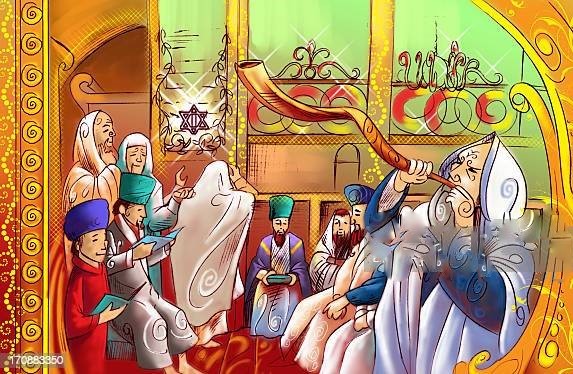HOD: YESHIVAT HAVERIM יְשִׁיבָה חברים – BABYLONIAN TALMUD p88

R. Shesheth was asked if it was permitted to crush olives on Sabbath? He answered: “Is it
permitted on week days?” He is of the opinion that the spoiling of food is not allowed.
Barda was brought to Ameimar, Mar Zutra, and R. Ashi. Ameimar and R. Ashi washed
themselves with it, but Mar Zutra did not. They asked him: “Do you, Master, not hold with R.
Shesheth, who permits the use of it?” Said R. Mordecai to them: Leave out the master in this
question, for he does not even use Barda on week days. He holds with the following Boraitha:
“One is permitted to scratch off crust of excrement and of wounds only for the purpose of
relieving pain, but not for the purpose of beautifying the person.” And the above-mentioned
rabbis agree with the teaching of the following: One should wash his face, hands, and feet daily
out of respect for his Creator, as it is written [Prov. xvi. 4]: “Every thing hath the Lord wrought
for its destined end.” 1
“The vessel is bent sideways,” etc. Said R. Aba in the name of R. Hyya b. Ashi, quoting Rabh: If
the cavity formed by the vessel got out of shape it is not permitted to replace (the vessel). There
is an objection from our Mishna: “And the sages say it may be taken out and replaced.” How
shall this be understood? If the cavity remained intact the rabbis did well by telling us that the
replacing of the vessel was allowed; but if the cavity got out of shape, is it not self-evident that
replacing is not permitted? Nay; they still maintain that the cavity did not get out of shape, and
the controversy (in the case) is as regards precaution. One maintains that this precaution is to be
taken (lest we replace the vessel when the cavity is out of shape), while the others contend this is
not necessary.
R. Huna said: “A fragrant plant used after meals in place of burnt spices, if it was taken out of
and replaced in the flower-pot before Sabbath, it may be taken out, used, and replaced on
Sabbath, but not otherwise. Samuel said that the same is the case with a knife that was preserved
between the bricks. Mar Zutra, according to others R. Ashi, said that a knife may be preserved
between the branches of the root. And
[paragraph continues] R. Mordecai said to Rabha that R. Qatina has objected to the above rabbis,
who said that if it were not replaced before Sabbath it must not be used, from a Mishna (Kilaim,
I. 9), which states plainly that it may be taken out on Sabbath. This question remains.
 HALF REDUCTION OF FLOW IN THE INNER LEFT COURT FOR GREATER DISCLOSURE OF THE UPPER FORCE
HALF REDUCTION OF FLOW IN THE INNER LEFT COURT FOR GREATER DISCLOSURE OF THE UPPER FORCE WEDNESDAY PRAYER: KETER-SHACHARIT שַחֲרִית MORNING PRAYER
WEDNESDAY PRAYER: KETER-SHACHARIT שַחֲרִית MORNING PRAYER WEDNESDAY PRAYER: KETER-TIKKUN CHATZOT תקון חצות-TIKKUN RACHEL & TIKKUN LEAH
WEDNESDAY PRAYER: KETER-TIKKUN CHATZOT תקון חצות-TIKKUN RACHEL & TIKKUN LEAH